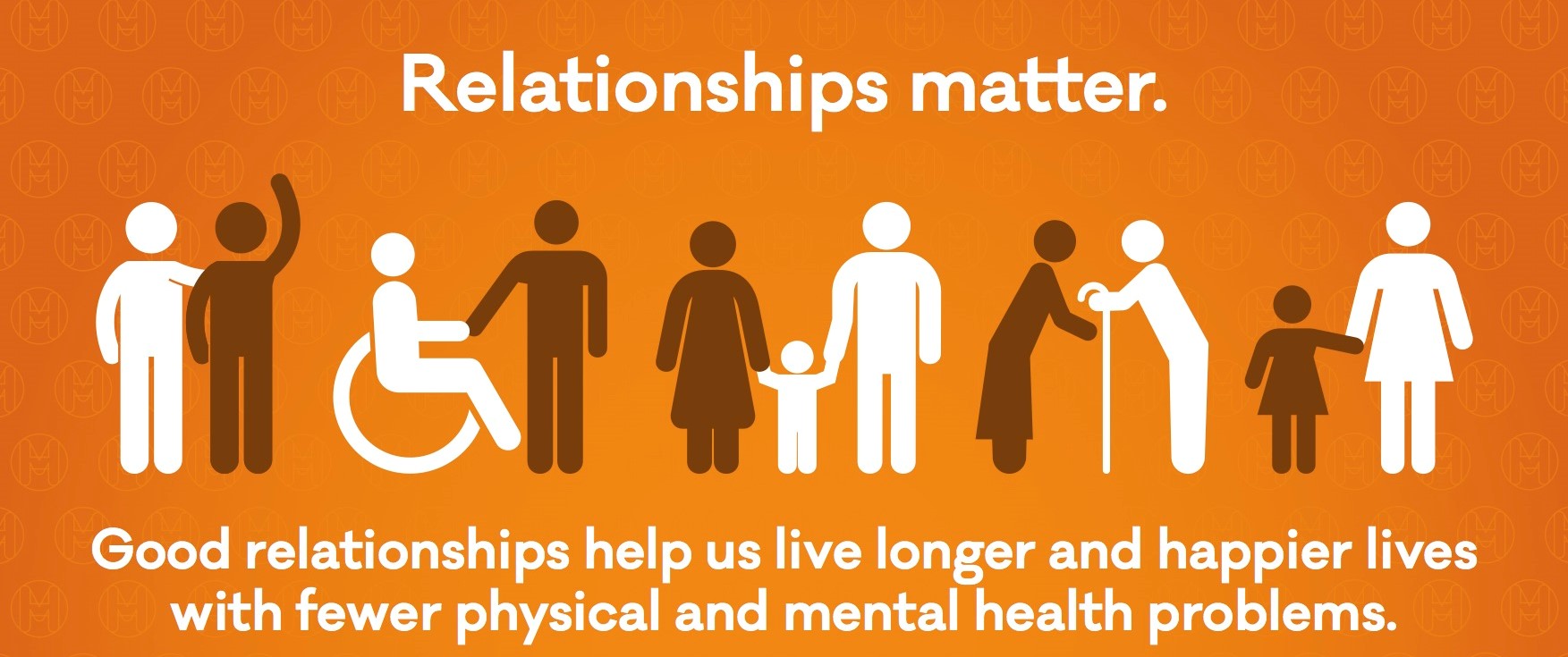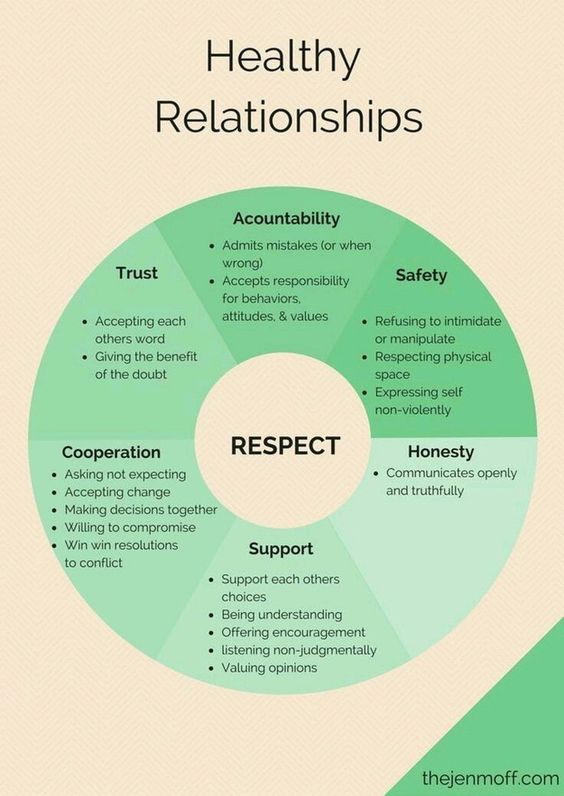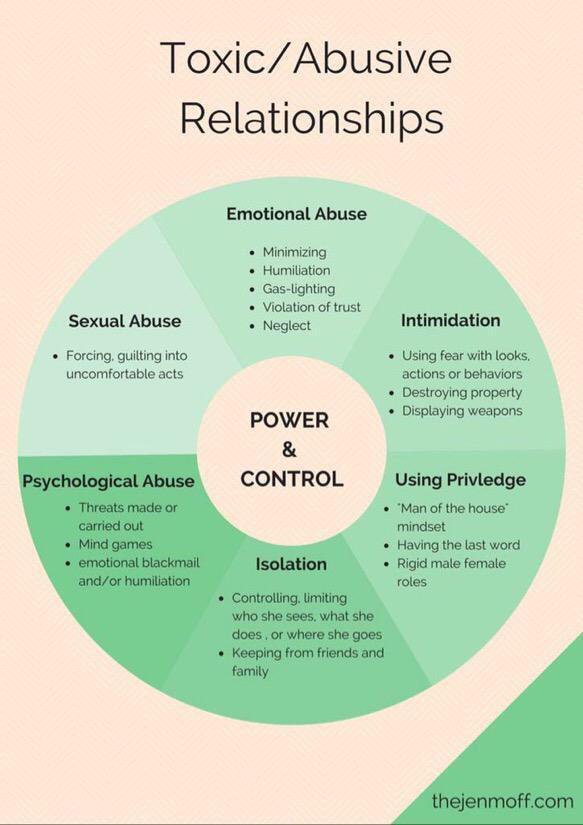Understanding & Discussing Healthy Relationships in the Classroom
Teaching children to identify and nuture healthy relationships as well as to spot and deal with unhealthy relationships is essential.
Here are some values to look out for in healthy relationships.
- Respect – each of you having the right to have an opinion, to be listened to, and being able to voice what you think and feel.
- Trust
- Honesty – openness and honesty about what you think, feel and do.
- Safety – feeling safe from physical, emotional, sexual or other forms of harm.
- Equality – feeling powerless or more powerful than another person can affect your health.
- Consistency – you know where you and others stand.
- Value – you feel valued and you value the other person.
- Security and loyalty – you feel safe that both parties value the relationship.
- Empathy – listening and understanding each other – putting yourself in the other person’s shoes.
- Genuineness – it is a human, natural and honest relationship.
(source: Teen Health)
As children enter puberty, quite naturally, they will start experiencing a romantic attraction to another person. When you feel the topic is relevant for your class, some of the messages that you have to pass on to the students are as follows:
What is a romantic relationship?
Romantic relationships are different than most relationships in that they’re a little like all relationships, all at once. There are aspects of friendship, because you’re with a person you like, and who shares at least some of your interests. It’s also like having a crush. Then there’s a strange hurt that can come with being in a romantic relationship, because you have to make yourself vulnerable to another person.
A Healthy Romantic Relationship
- Taking Care of Yourself
- The first, most important step is to be an advocate for yourself. Being in a relationship doesn’t mean that you stop caring for your own needs, and only care for the other person’s. You are in charge of taking care of you, physically and emotionally—the other person should not have that job. Don’t push yourself further, or be pushed further, than you want to go. Give your body what it needs to feel healthy.
- Make regular, quality time for friends you can rely on for fun and venting and hugs. This is really important. Your romantic partner should be an addition to your life, not the centerpiece, and you shouldn’t be the centerpiece of their life, either. You are the centerpiece of your own life.
- Make sure your relationship can be incorporated into your life, and not the other way around. If someone wants to break things off because you want to hang out with your friends, they weren’t worth being with in the first place.
- Relationship work is not about putting up with being unhappy because you love a person. Part of love is handling some difficult patches, but they aren’t ALL supposed to be difficult patches. Love doesn’t happen in spite of a person’s behavior—it happens because of it.
- While relationships are important to nurture, they are always back-outable. Be discerning.
- Caring for the Relationship
- You also have to do your part to find out what makes your beloved feel that way, too. Learn what makes that person happy, what they enjoy doing, how they like to be cared for, et cetera, and then act on those things. It’s not your job to make them happy, but you should put time into helping increase their happiness.
- Relationship work is also about compromise. If there is a disagreement you would work and need to find a solution that makes both of you happy. Over time, those compromises can increase. You learn that you cannot create a perfect partner—you have to enjoy the qualities you love and learn to accept the ones you don’t.
- You also have to remember that the person you’re with is not perfect. Not out to trick you. (Maybe) Not your future spouse (sure, maybe, but most likely not). They’re someone who makes mistakes. Being with them doesn’t make them always right or always wrong—you are just two people navigating holding each other’s hands and hearts.
- Being close to someone in this way also means having physical and emotional boundaries, and allowing those boundaries to gently evolve. Not to be pushed, not to be broken in the name of love, but to evolve. Allow yourself to test your own boundaries and see what feels comfortable and fun for you.
- Sex doesn’t make a relationship romantic, and romance doesn’t have to involve sex. Saying, “I love you,” doesn’t have to be a part of the equation, either. You can care about someone very much and the relationship may not add up to love. And if that’s the case, it doesn’t mean it wasn’t meaningful or fulfilling.
- You and your partner may have in-jokes, talk to each other in an embarrassing secret language, or have silly nicknames for each other. It’s OK for that stuff to stay within the boundaries of your relationship. Your friends don’t have to know about it, and that doesn’t make you any less true to yourself.
- Learning how to be yourself, with some thought-out boundaries, and within different relationships, is part of the process of becoming you.
(Source:- These Amazing Webcomics Written by Emily Gordon & Illustrated by Ana Hilojosa For Rookie Magazine)
What Isn’t a Healthy Relationship?
- Relationships that are not healthy are based on power and control, not equality and respect. In the early stages of an abusive relationship, you may not think the unhealthy behaviors are a big deal. However, possessiveness, insults, jealous accusations, yelling, humiliation, pulling hair, pushing or other abusive behaviors, are — at their root — exertions of power and control. Remember that abuse is always a choice and you deserve to be respected. There is no excuse for abuse of any kind.
- If you think your relationship is unhealthy, it’s important to think about your safety now. Consider these points as you move forward:
- Understand that a person can only change if they want to. You can’t force your partner to alter their behavior if they don’t believe they’re wrong.
- Focus on your own needs. Are you taking care of yourself? Your wellness is always important. Watch your stress levels, take time to be with friends, get enough sleep. If you find that your relationship is draining you, consider ending it.
- Connect with your support systems.Often, abusers try to isolate their partners. Talk to your friends, family members, teachers and others to make sure you’re getting the emotional support you need. Remember, our advocates are always ready to talk if you need a listening ear.
- Think about breaking up. Remember that you deserve to feel safe and accepted in your relationship.
Click here for a list of Red Flags That Can Help You Spot Unhealthy Relationships (source:- Love is Respect) (image source:- Jenn Moff)










